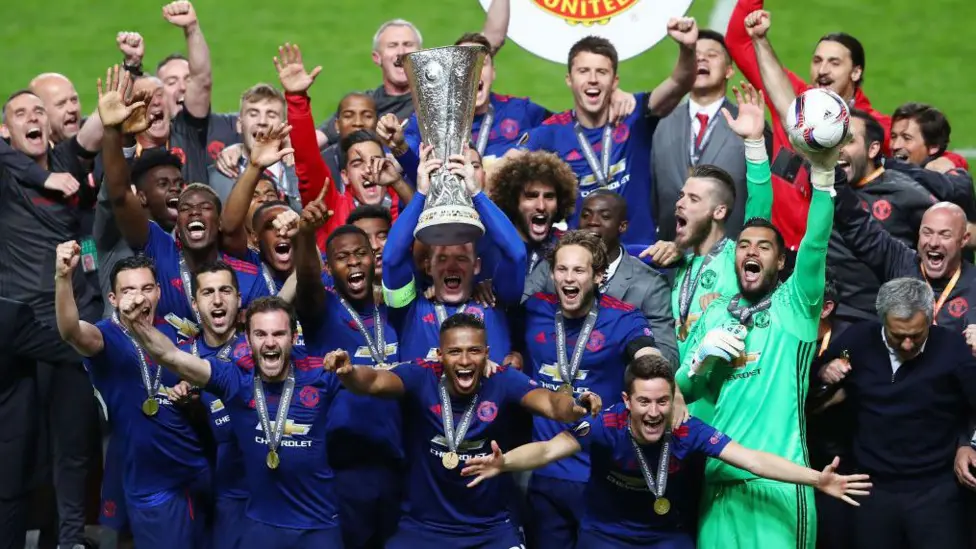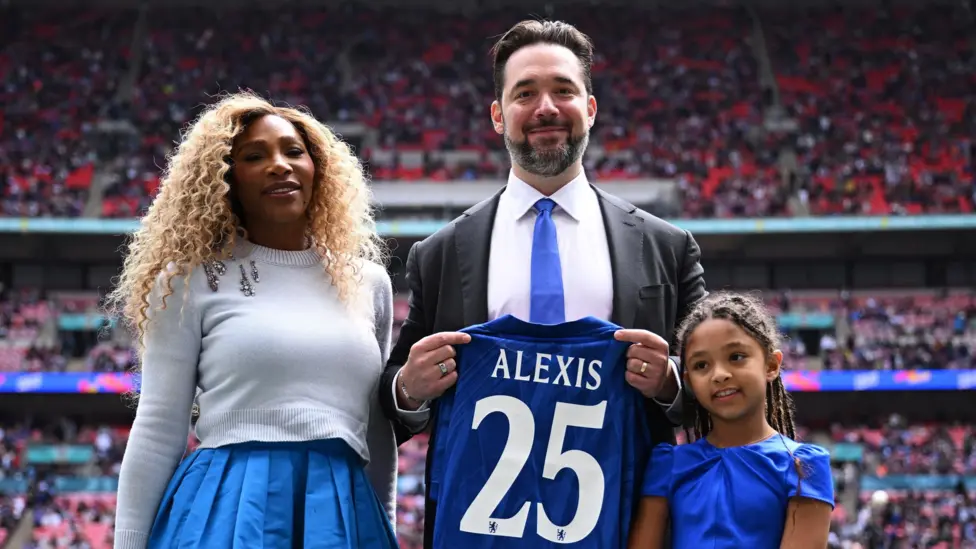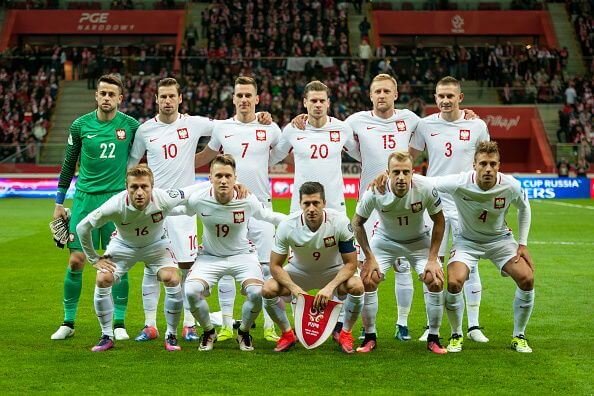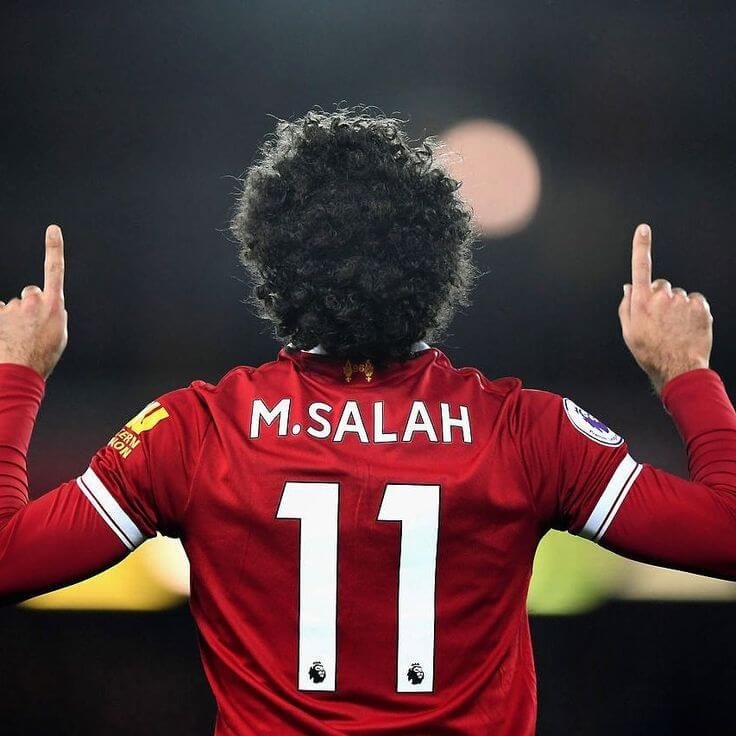
Post By : 2025-05-20"
The £100m final Man Utd cannot afford to lose?"
"It's a crossroads moment."
That is the verdict of former Manchester United first-team coach Rene Meulensteen on the club's Europa League final against Tottenham on Wednesday.
Like all United fans, the Dutchman is coming to terms with a bitterly disappointing domestic campaign, and dreading the consequences of failure in Bilbao.
"It would be a silver lining. A win in the Europa League isn't going to make up for the most disastrous season," Meulensteen told BBC Sport, with United languishing 16th in the Premier League, and now condemned to their lowest top-flight finish for more than half a century.
"But if they don't win it, why would we expect anything different next season? The trophy would free up some finances to get players in.
"If they don't win it, we won't be in Europe, and I really worry what the future is going to look like."
With qualification for the lucrative Champions League the prize for the Europa League winners, and set against the backdrop of United's long decline, it is easy to see why the match is being portrayed as such a defining moment at Old Trafford.
But just how significant is it really?
"Financially, it's the most important match in the club's history," says football finance expert Kieran Maguire.
"Champions League participation is crucial, because it could generate over £100m from tickets, broadcast money, and sponsor bonuses."
With four home games guaranteed, Maguire estimates that there could then be an additional £30m-£40m if United go deep into the competition.
While the benefits of being back in the expanded Champions League apply just as much to Spurs of course, United arguably need it more.
Spurs recorded an annual loss of £26m last year, while United's deficit was £113m over the same period. That took their total losses to £300m over the past three years.
The sense of underperformance is even more stark given United generated total revenue of £651m last year, the fourth highest by any club in world football.
But due largely to the leveraged takeover by majority owners the Glazer family in 2005, the club are also more than £1bn in debt, which costs tens of millions of pounds a year to service. And that burden is set to increase in the years ahead because of refinancing and higher interest rates.
Indeed, United have admitted they have been at risk of failing to comply with Premier League profit and sustainability rules (PSR) that limit clubs' losses.
"
.jpg)







